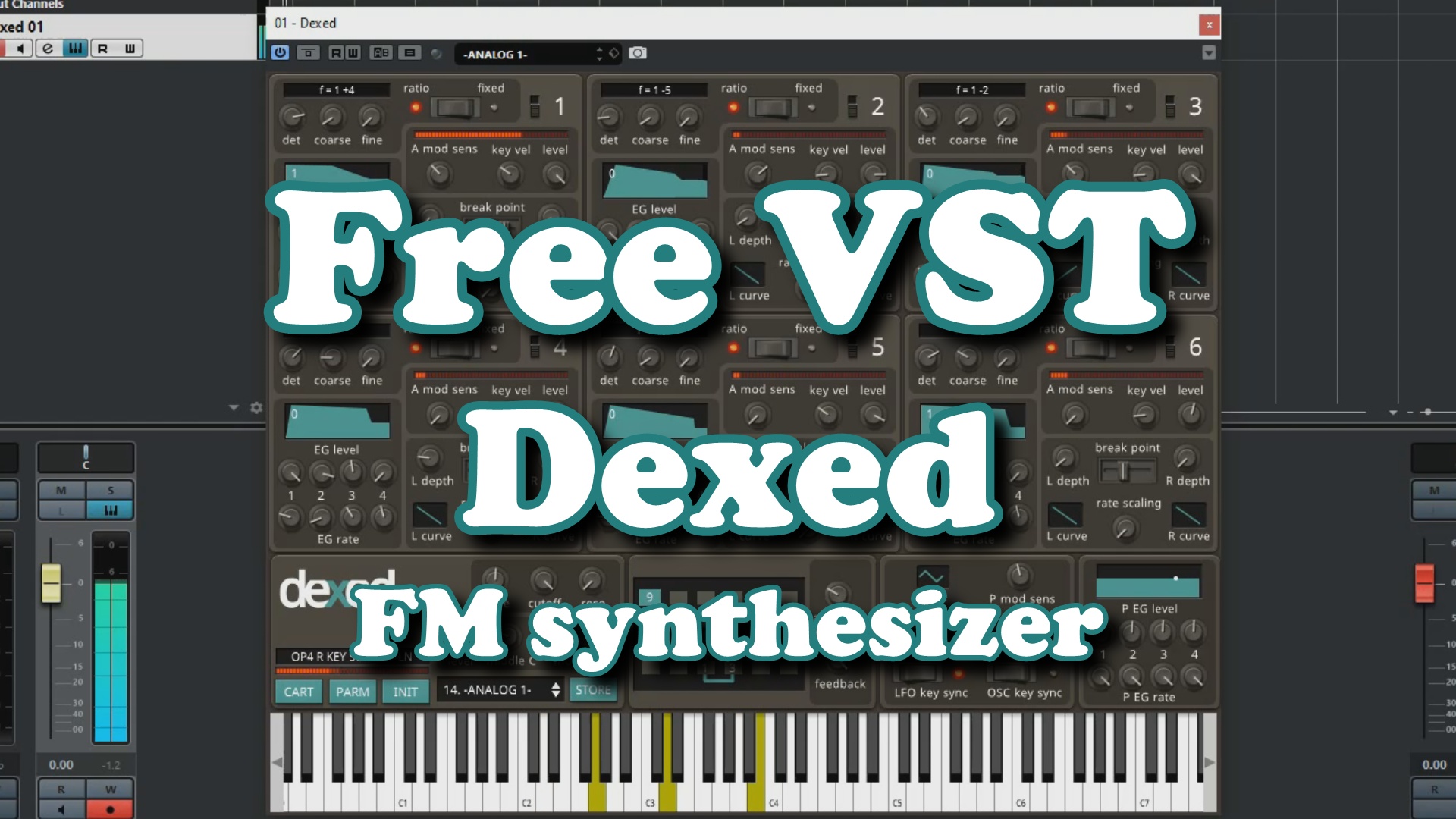
On Raspberry Pi 1 and on Raspberry Pi Zero there will be severely limited functionality (only one tone generator instead of 8) Raspberry Pi 1, 2, 3, 4, or 400 (Zero and Zero 2 can be used but need HDMI or a supported i2s DAC for audio out).Video about this project by Floyd Steinberg: Voices can be edited over MIDI, e.g., using the synthmata online editor (requires additional hardware).Allows to configure multiple Dexed instances through performance.ini files.Allows for each Dexed instance to be detuned and stereo shifted.Runs up to 8 Dexed instances simultaneously (like in a TX816) and mixes their output together.Menu structure on optional HD44780 display and rotary encoder.syx files from SD card (e.g., using getsysex.sh or from Dexed_cart_1.0.zip) Supports multiple voices through Program Change and Bank Change LSB/MSB MIDI messages.Produces sound on the headphone jack, HDMI display or audio extractor (better), or a dedicated DAC (best).Runs on all Raspberry Pi models (except Pico) see below for details.


On Raspberry Pi 2 and larger, it can run 8 tone generators, not unlike the TX816/TX802 (8 DX7 instances without the keyboard in one box). MiniDexed is a FM synthesizer closely modeled on the famous DX7 by a well-known Japanese manufacturer running on a bare metal Raspberry Pi (without a Linux kernel or operating system).


 0 kommentar(er)
0 kommentar(er)
